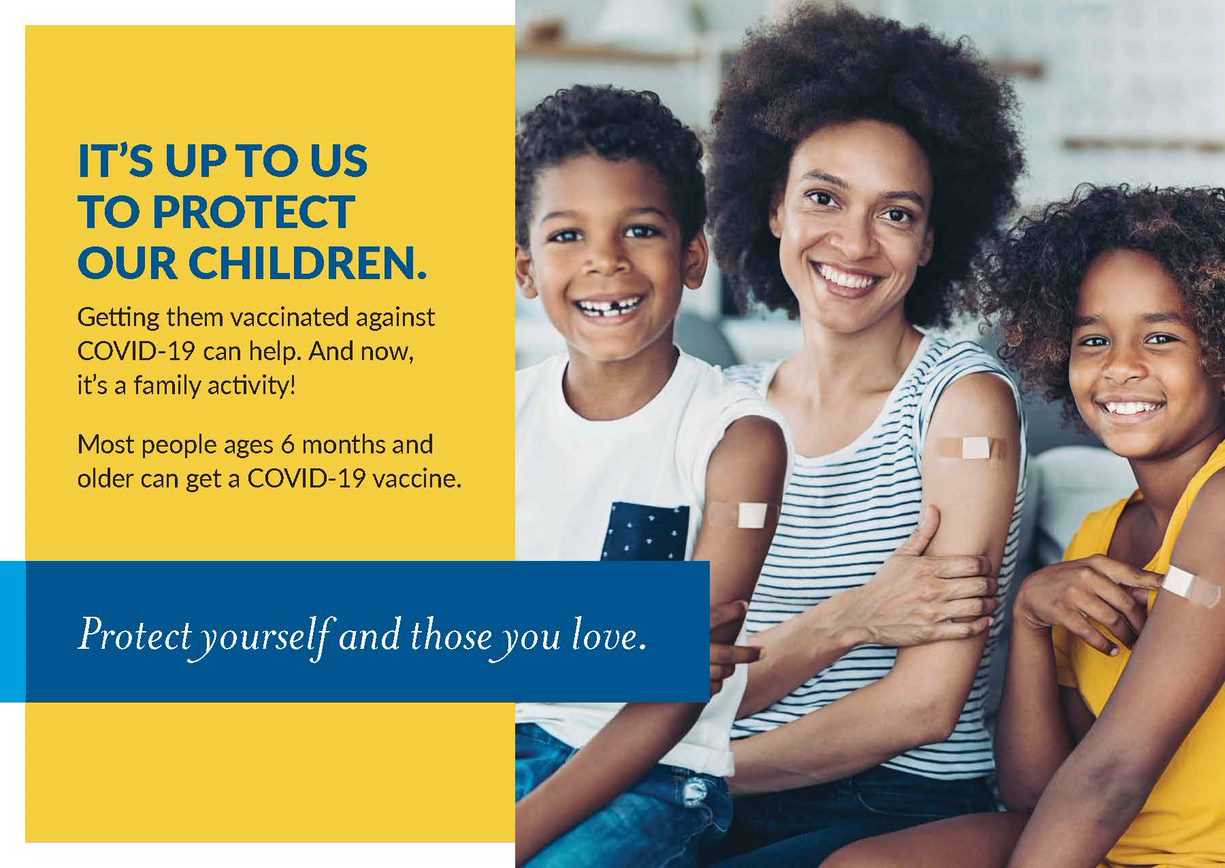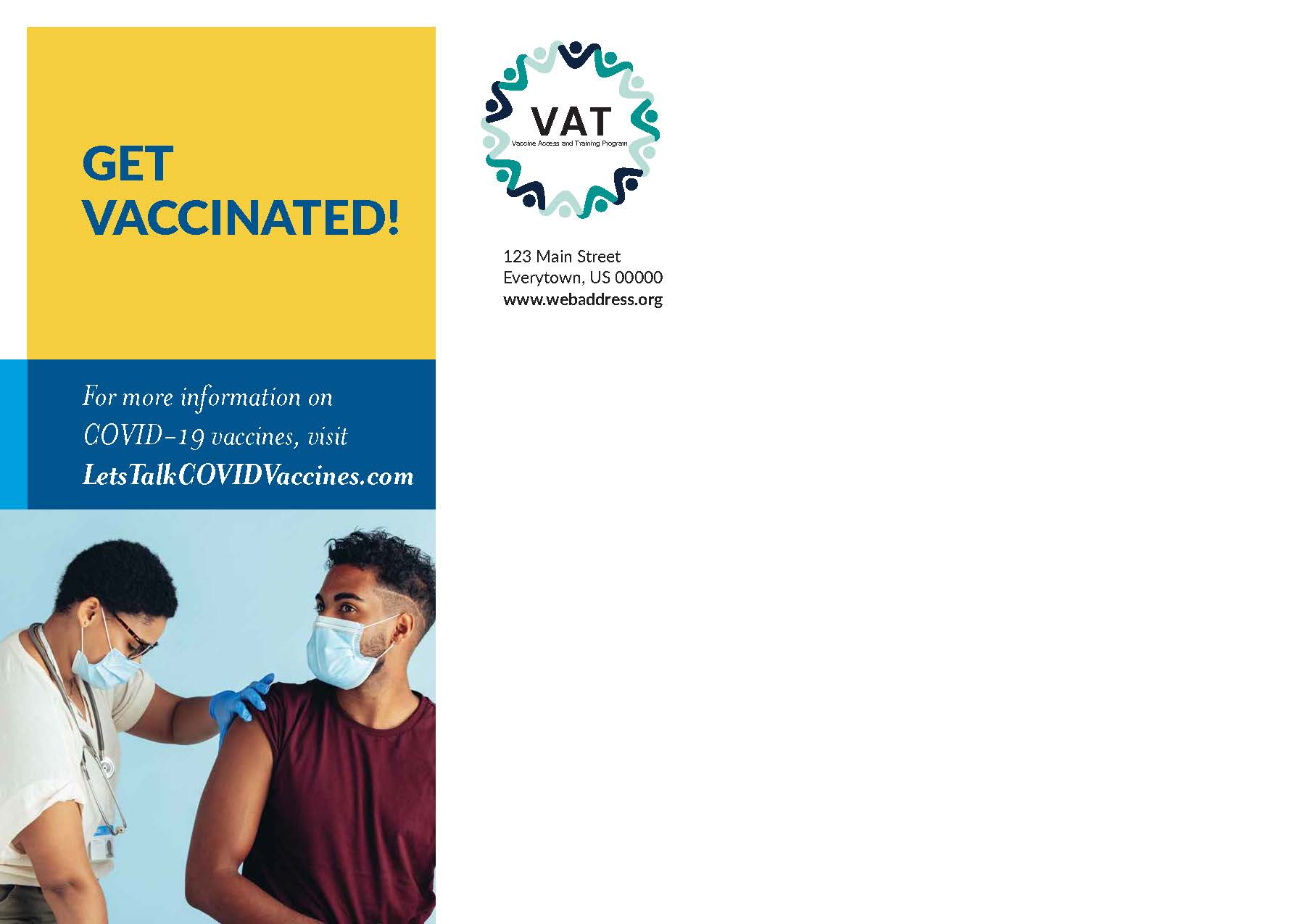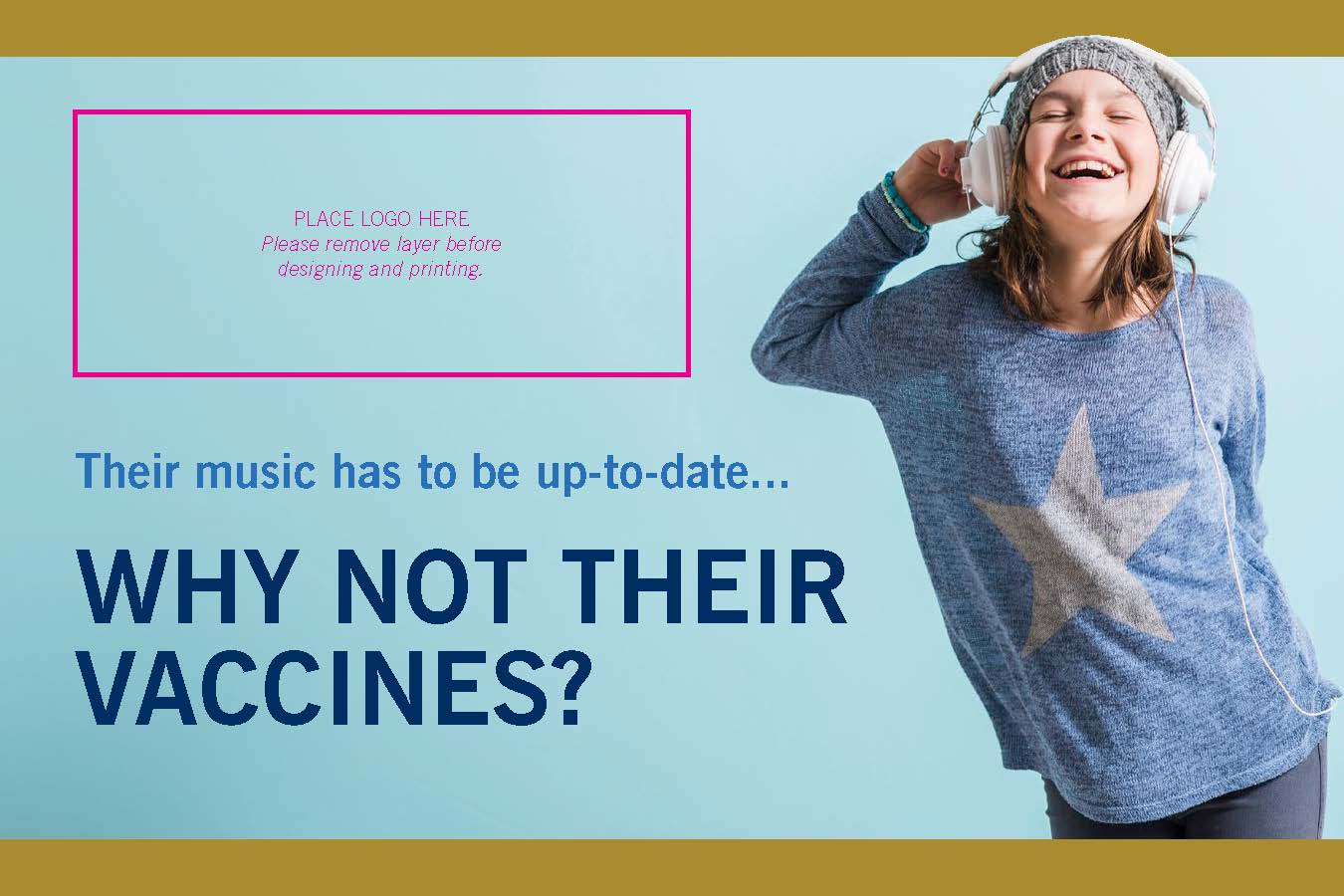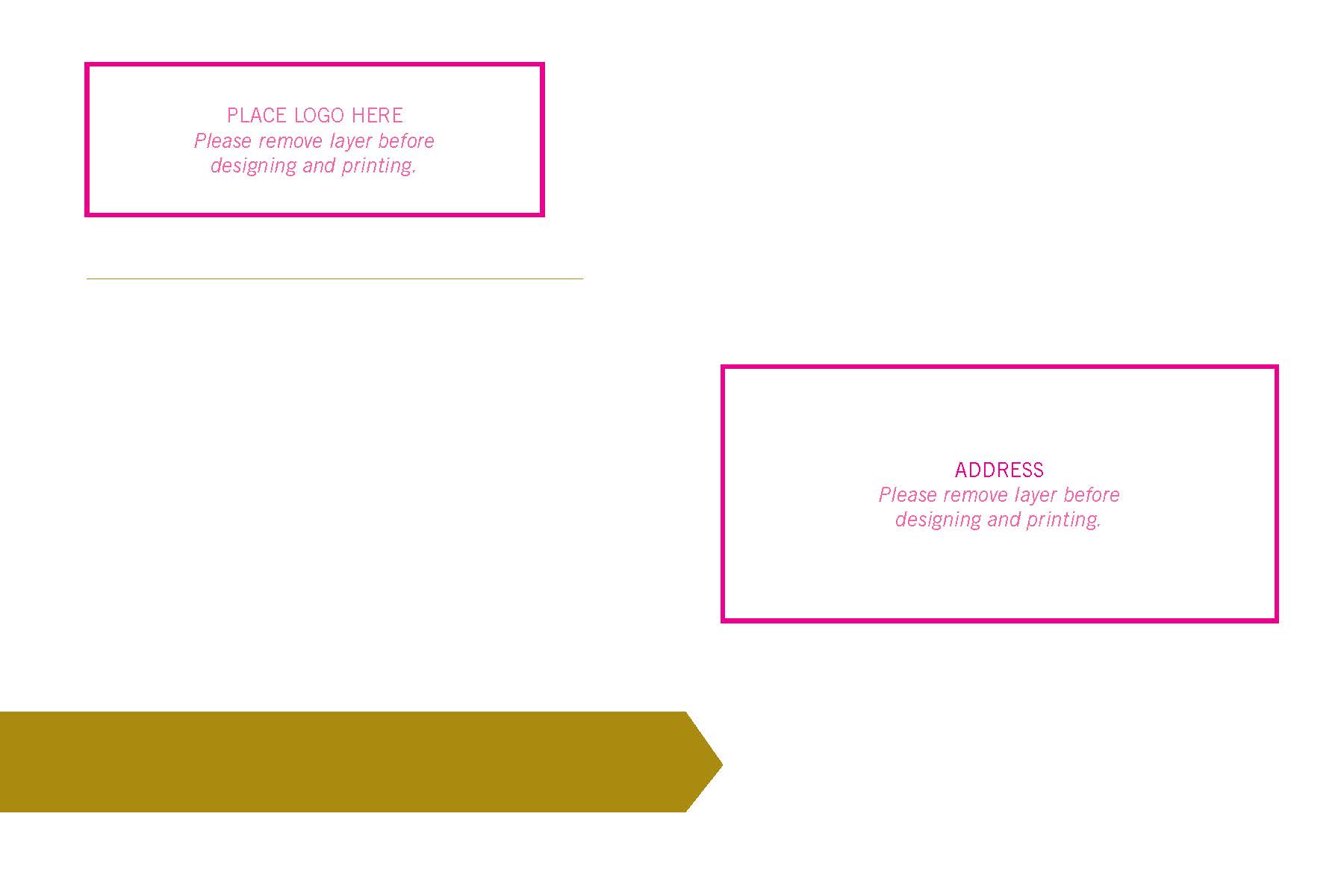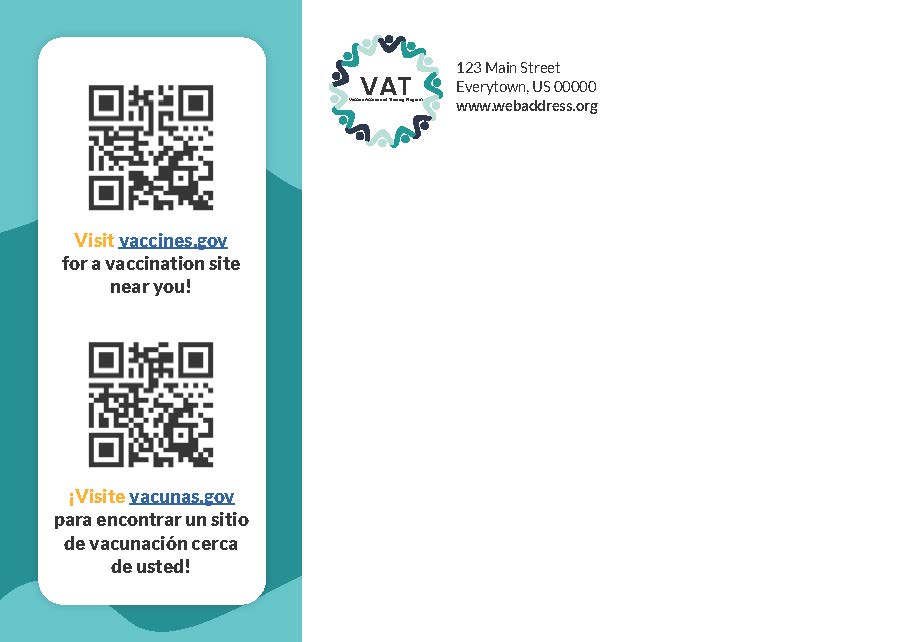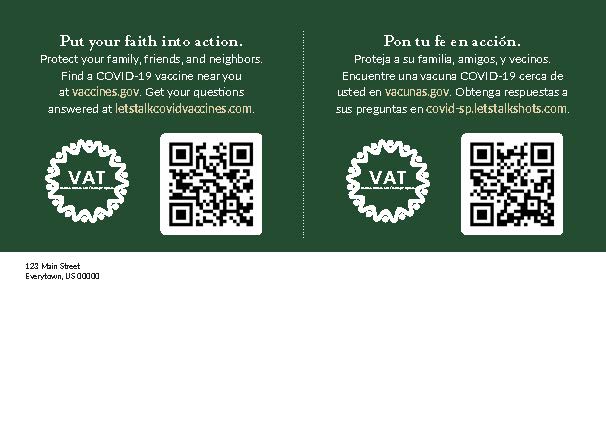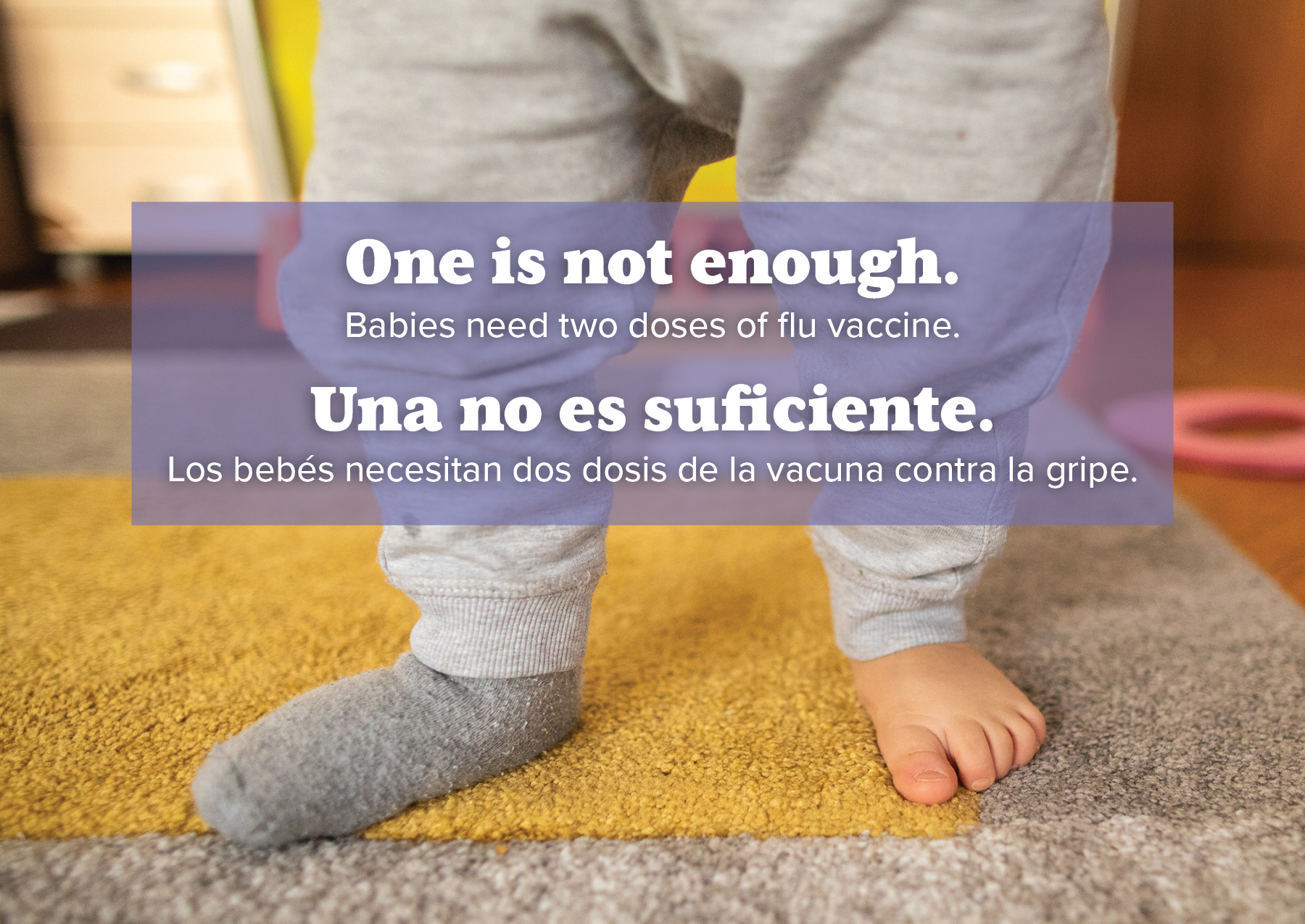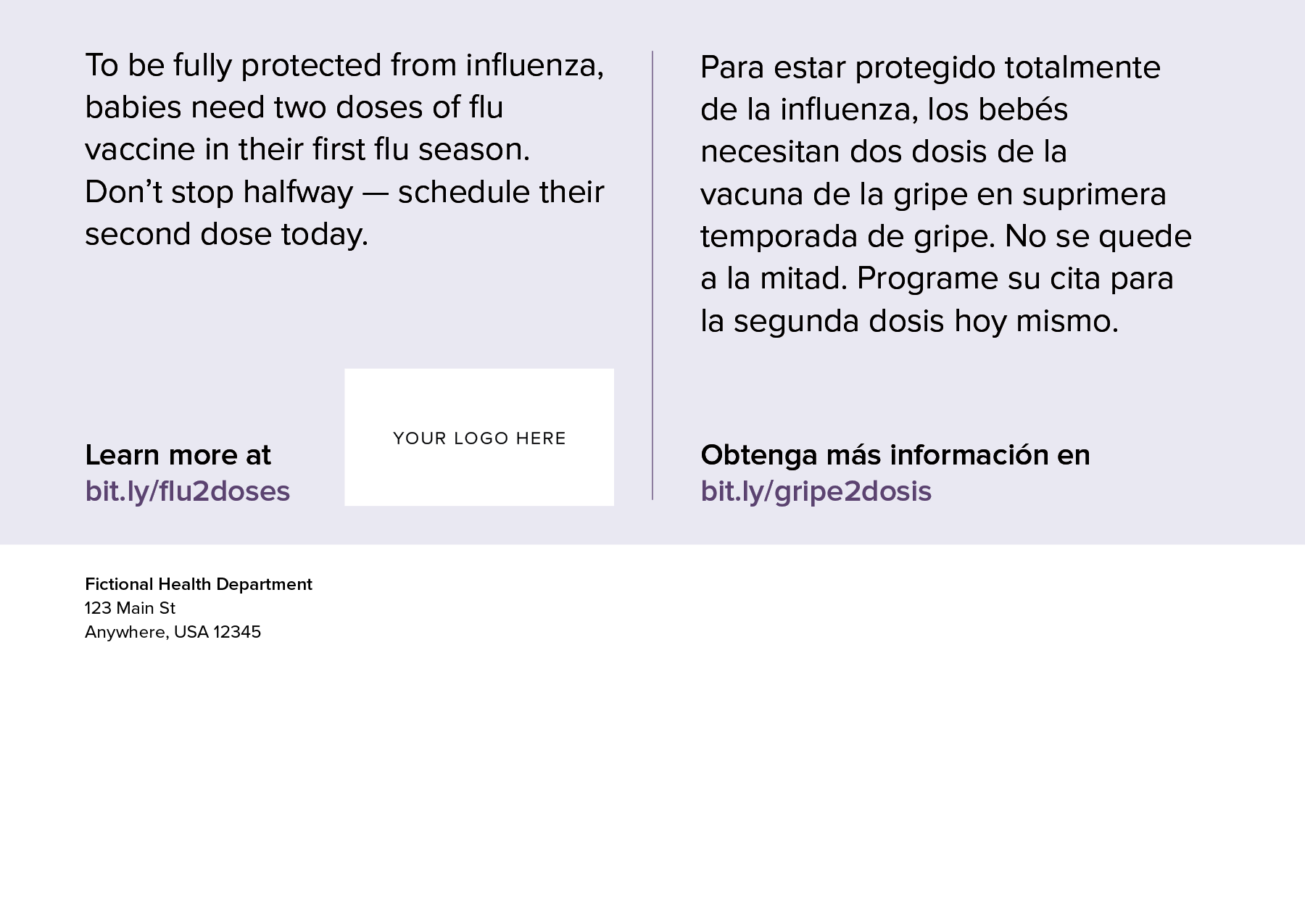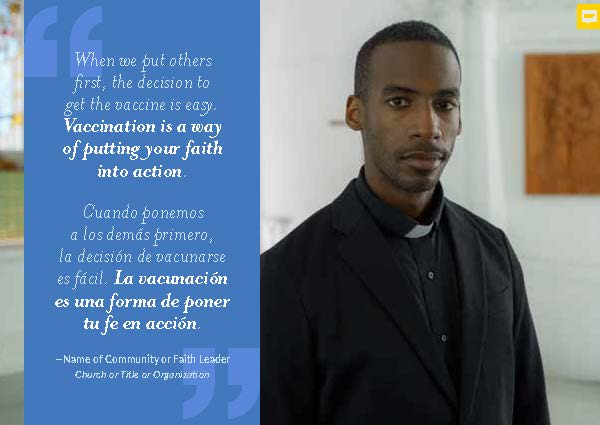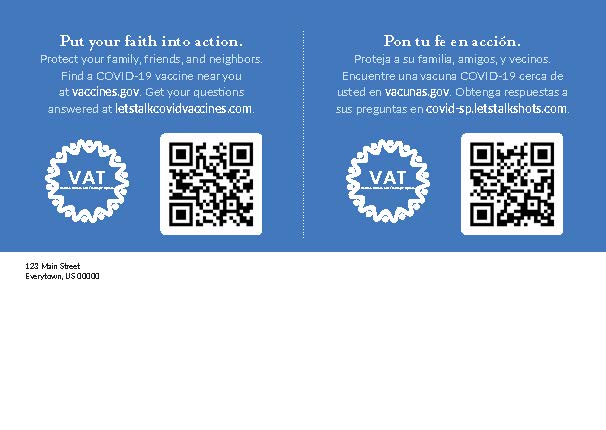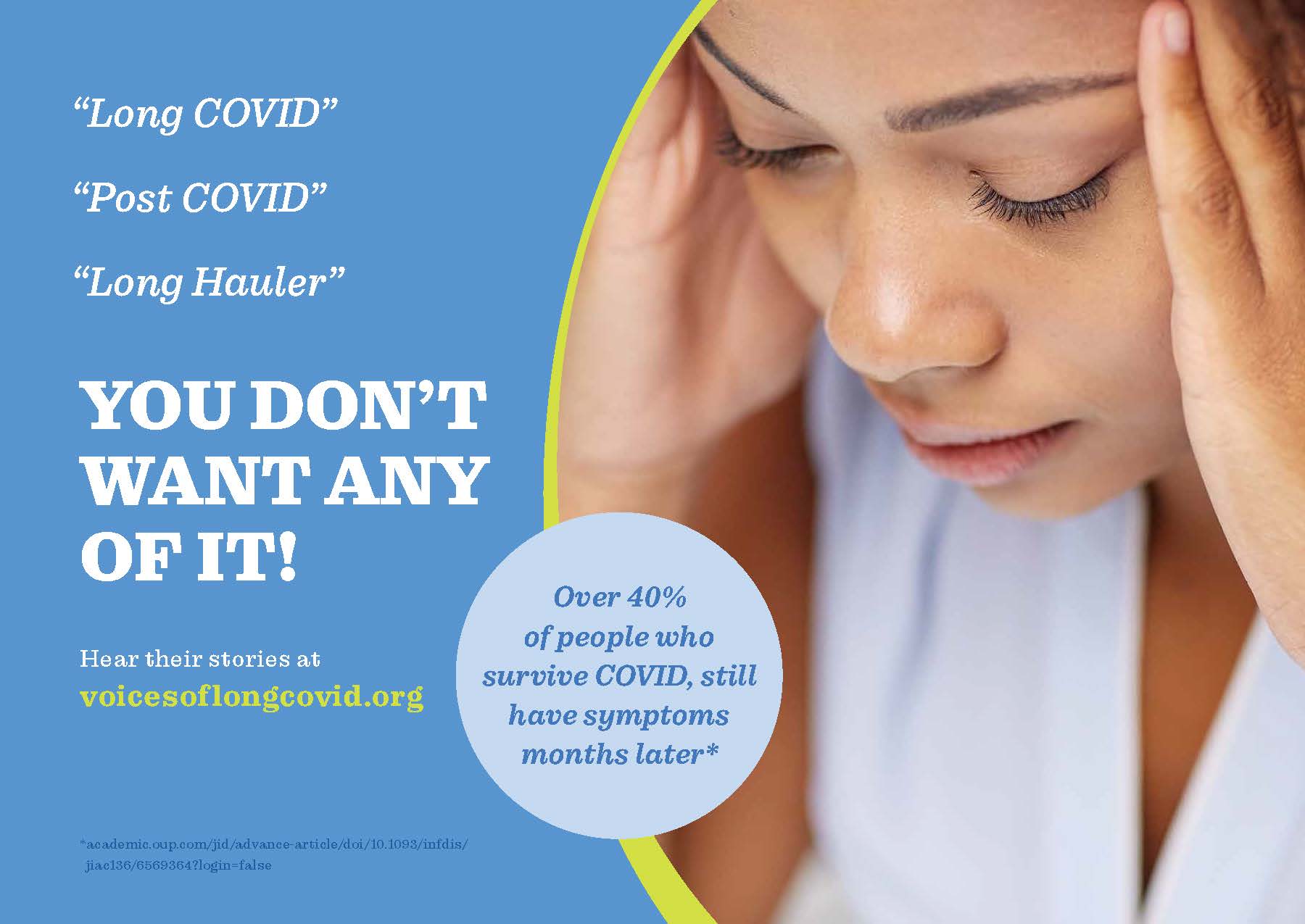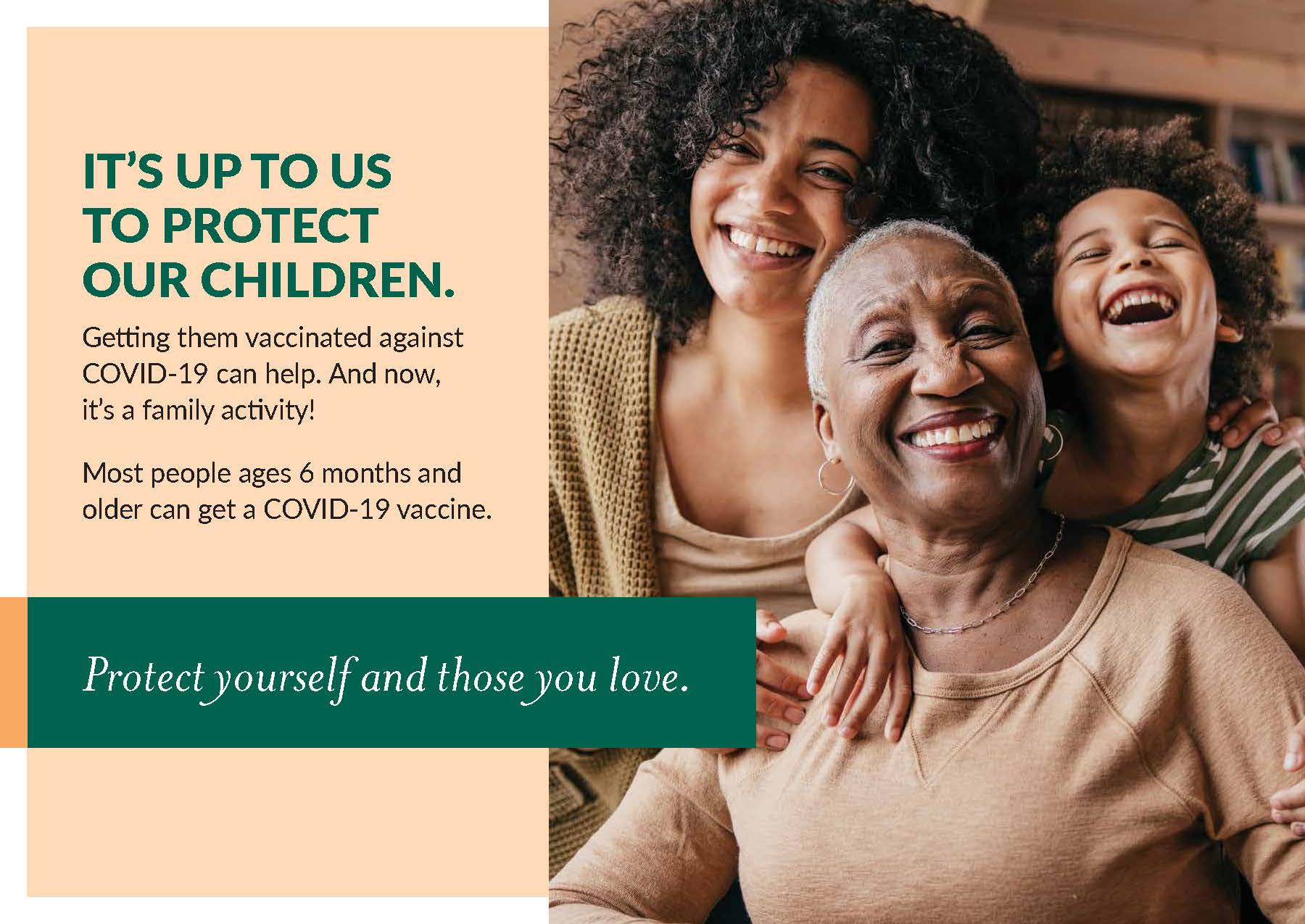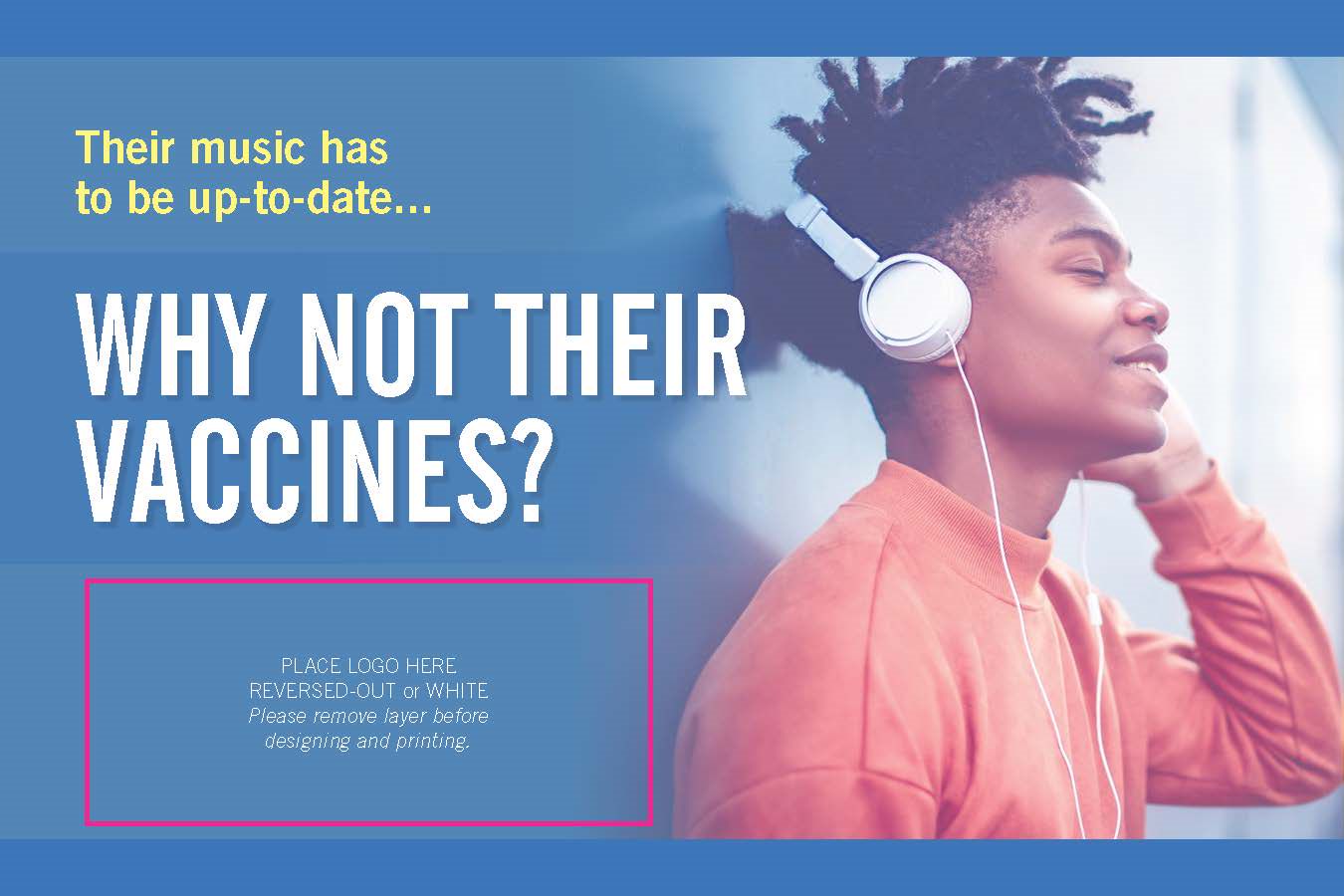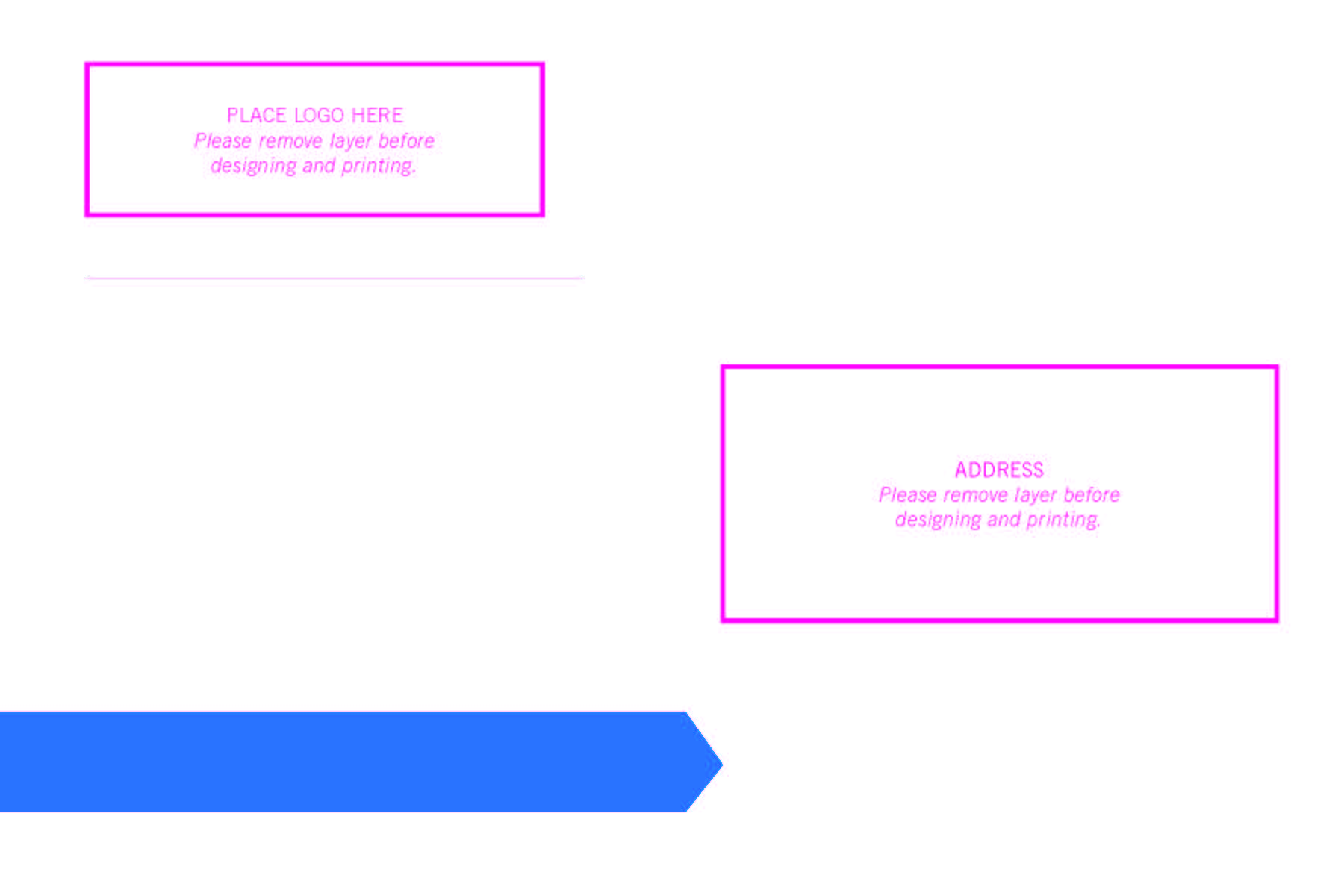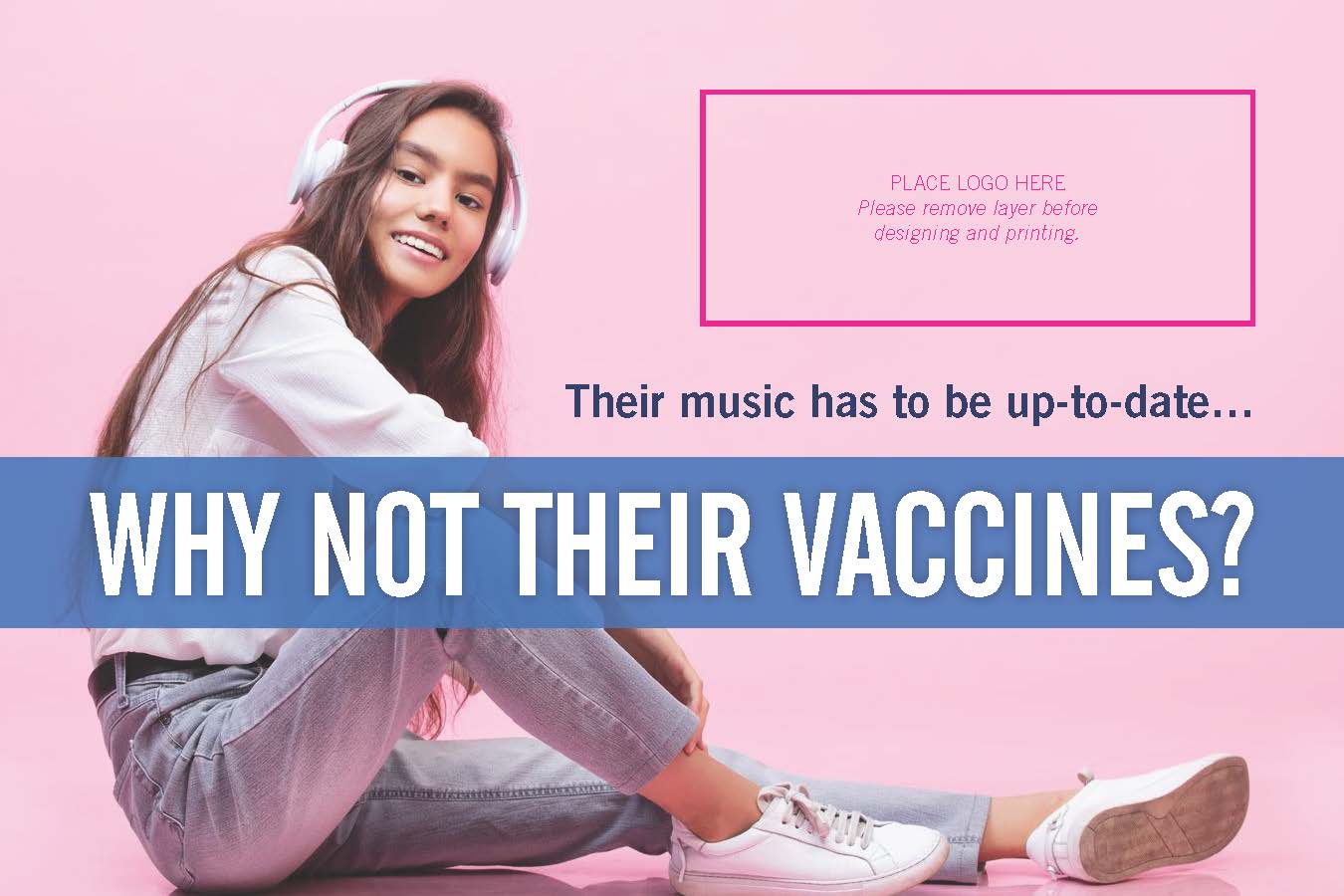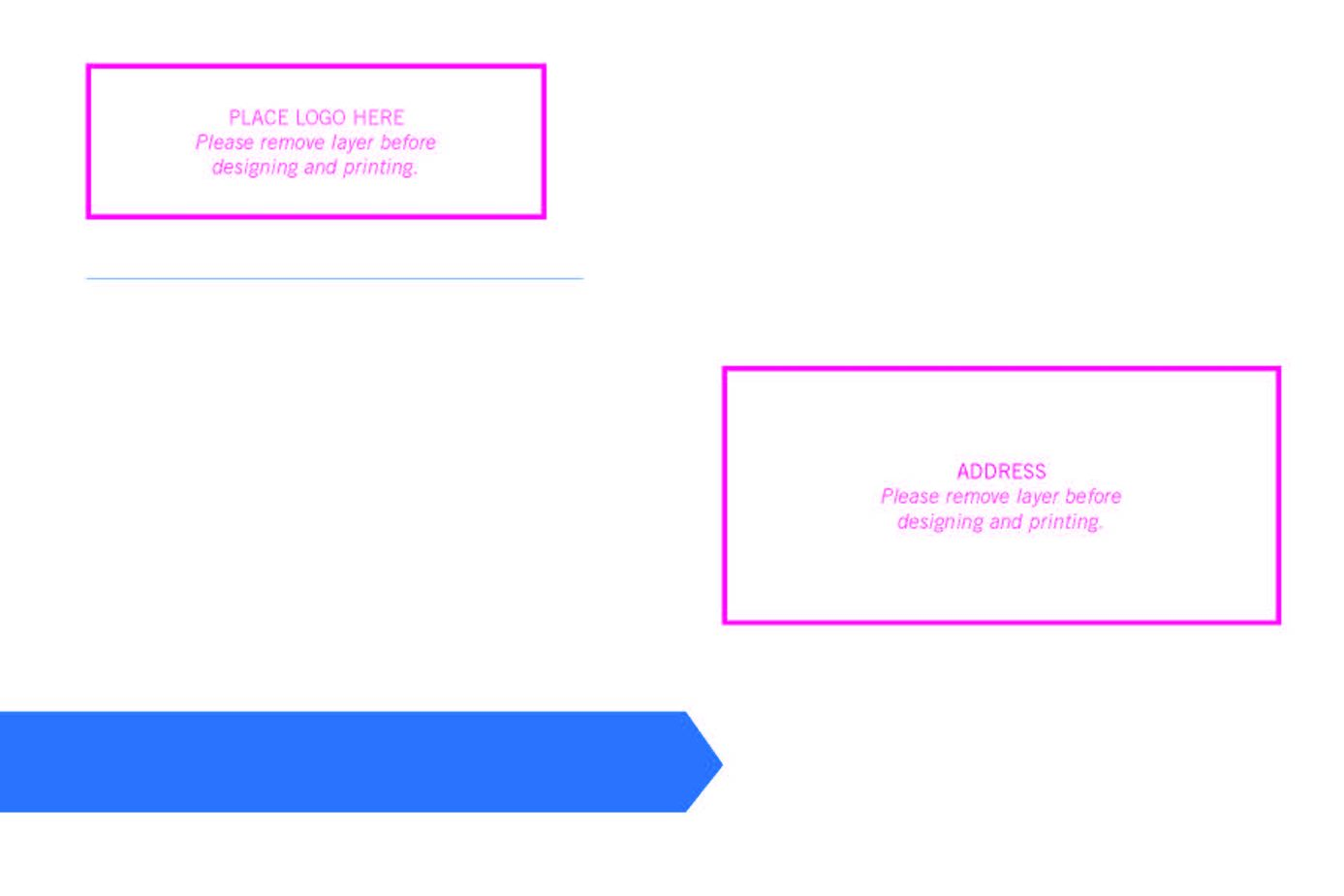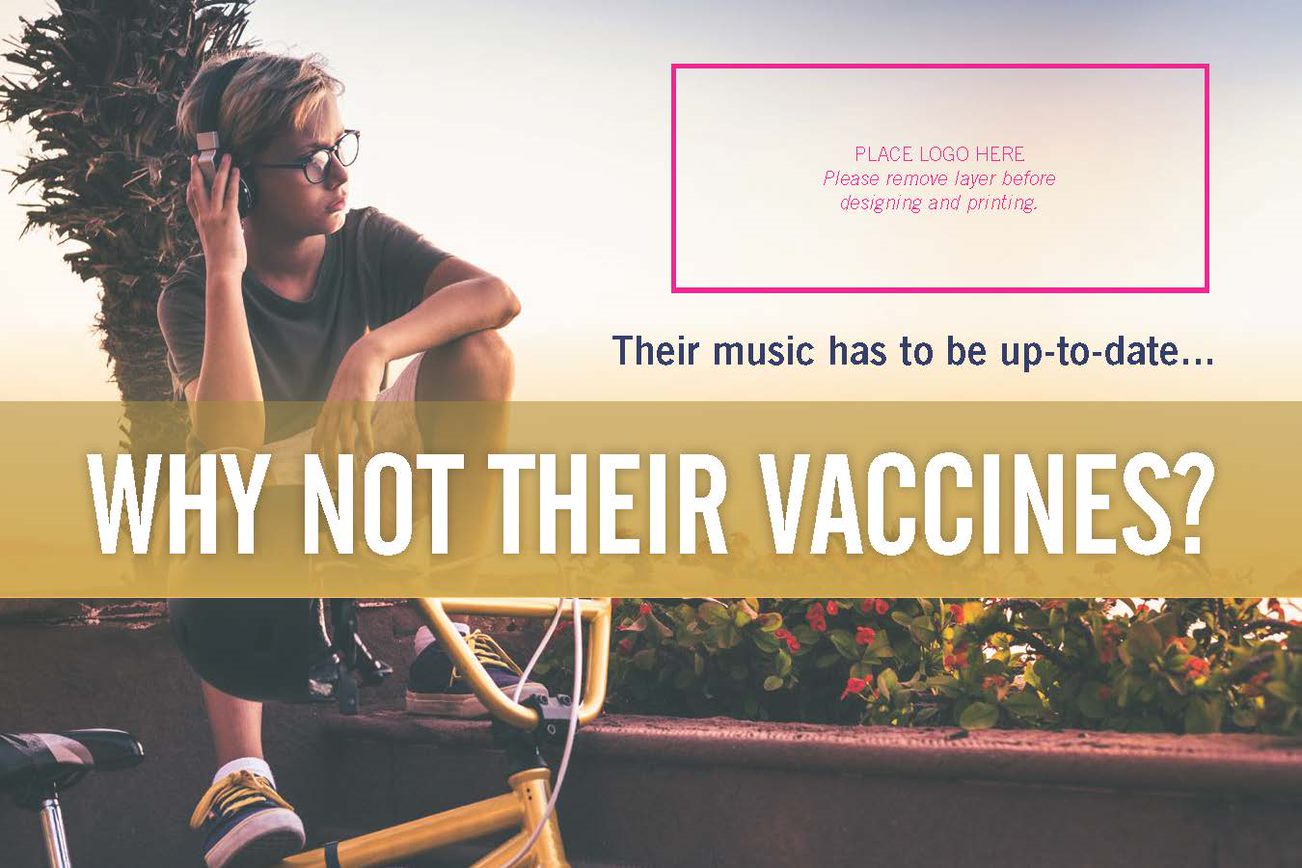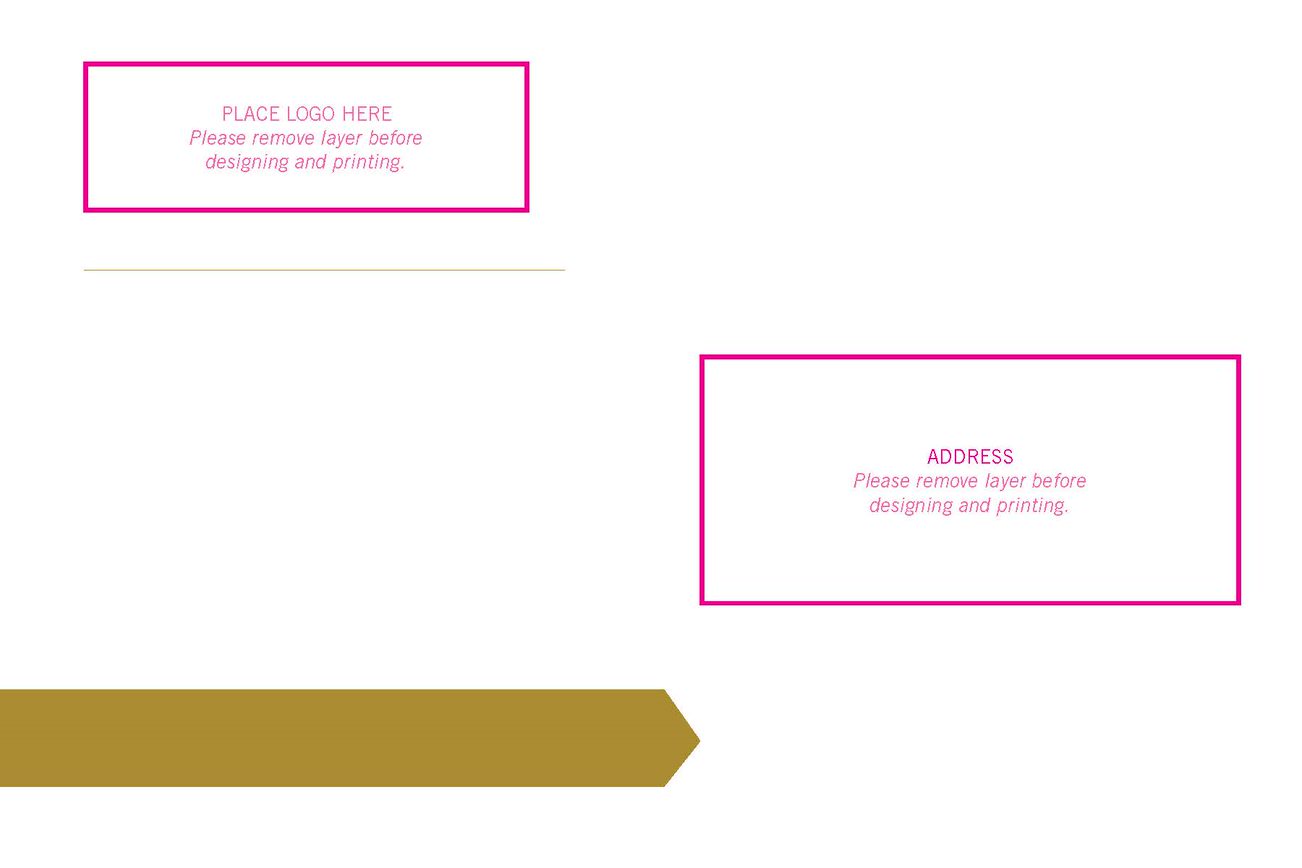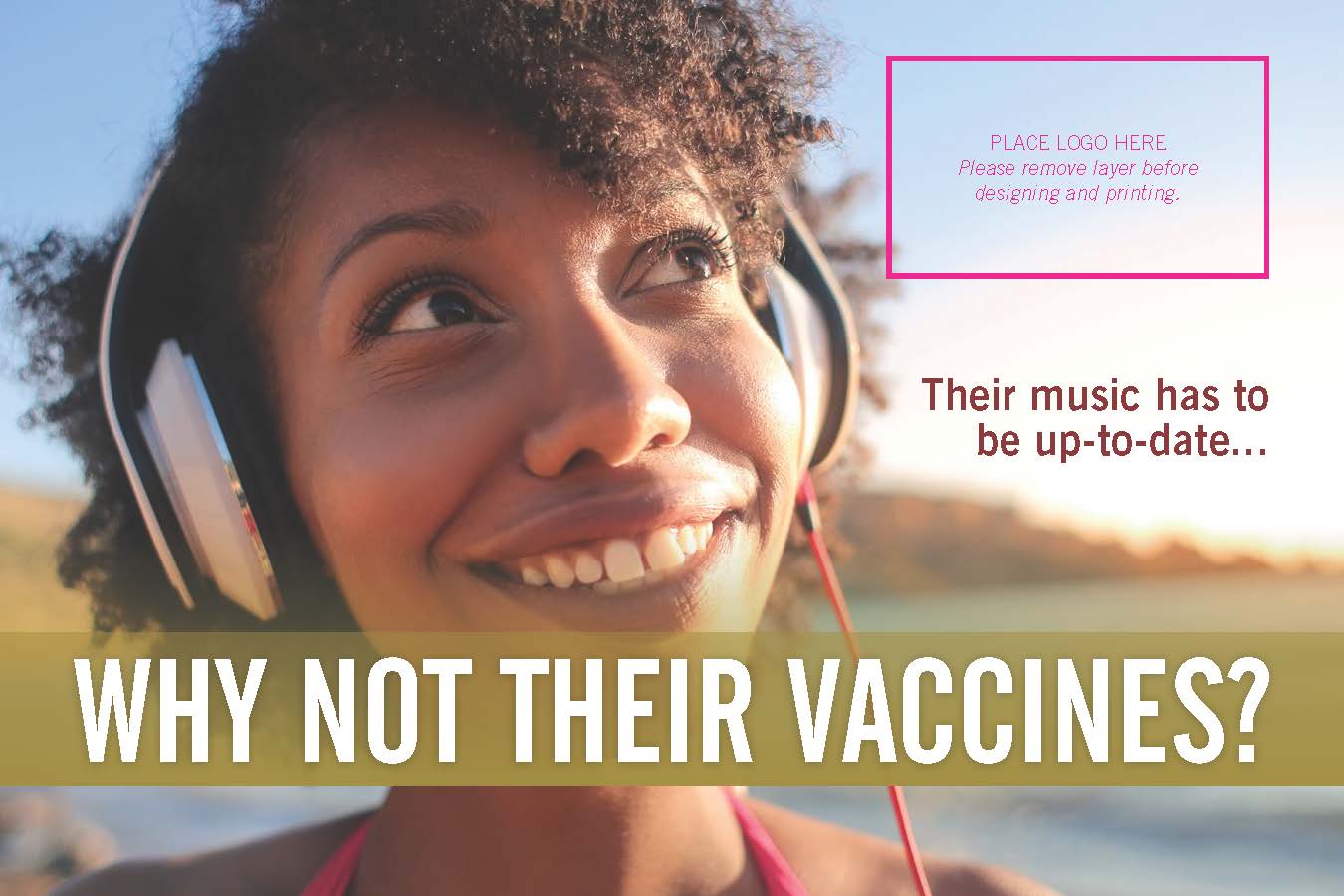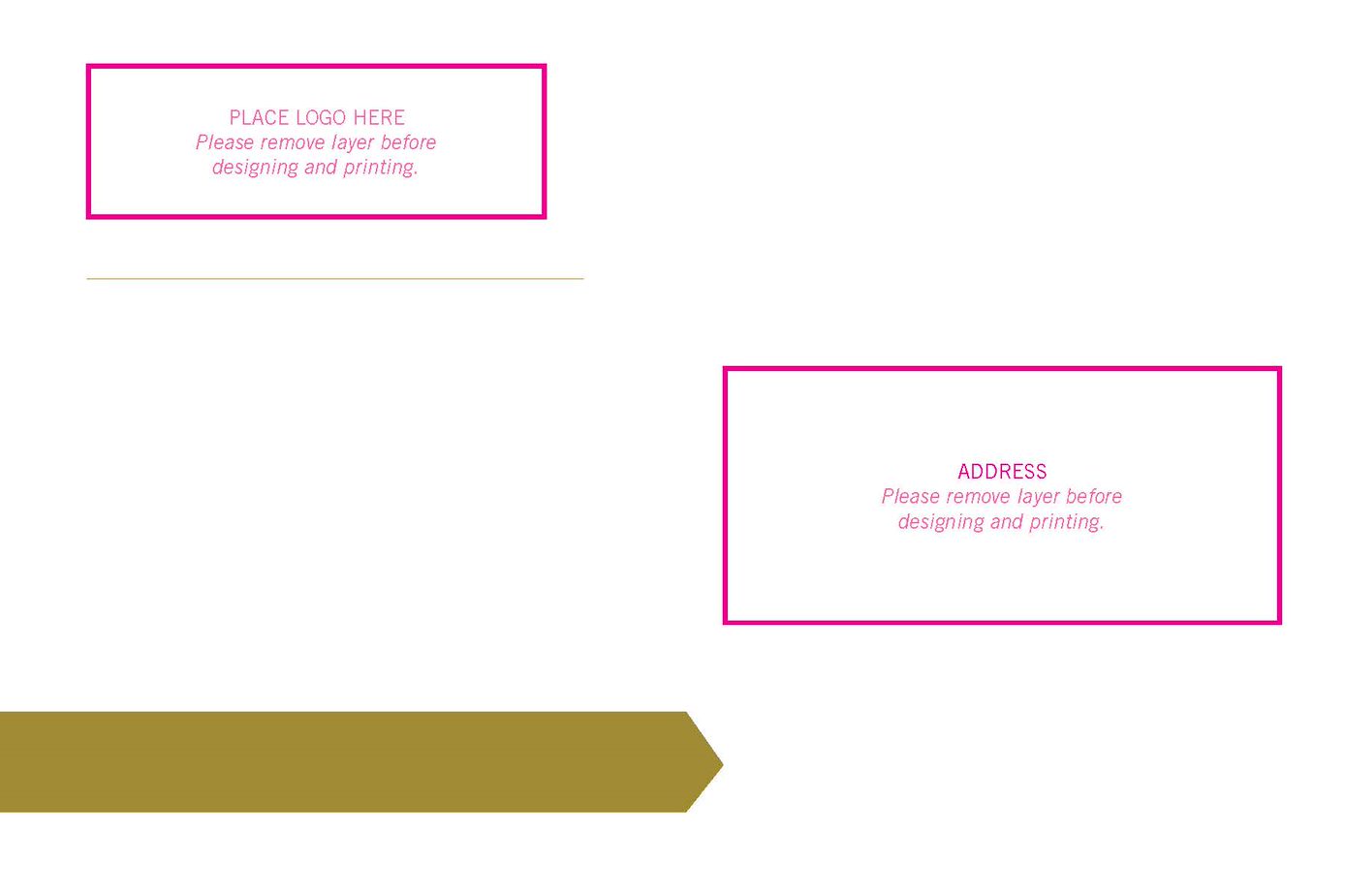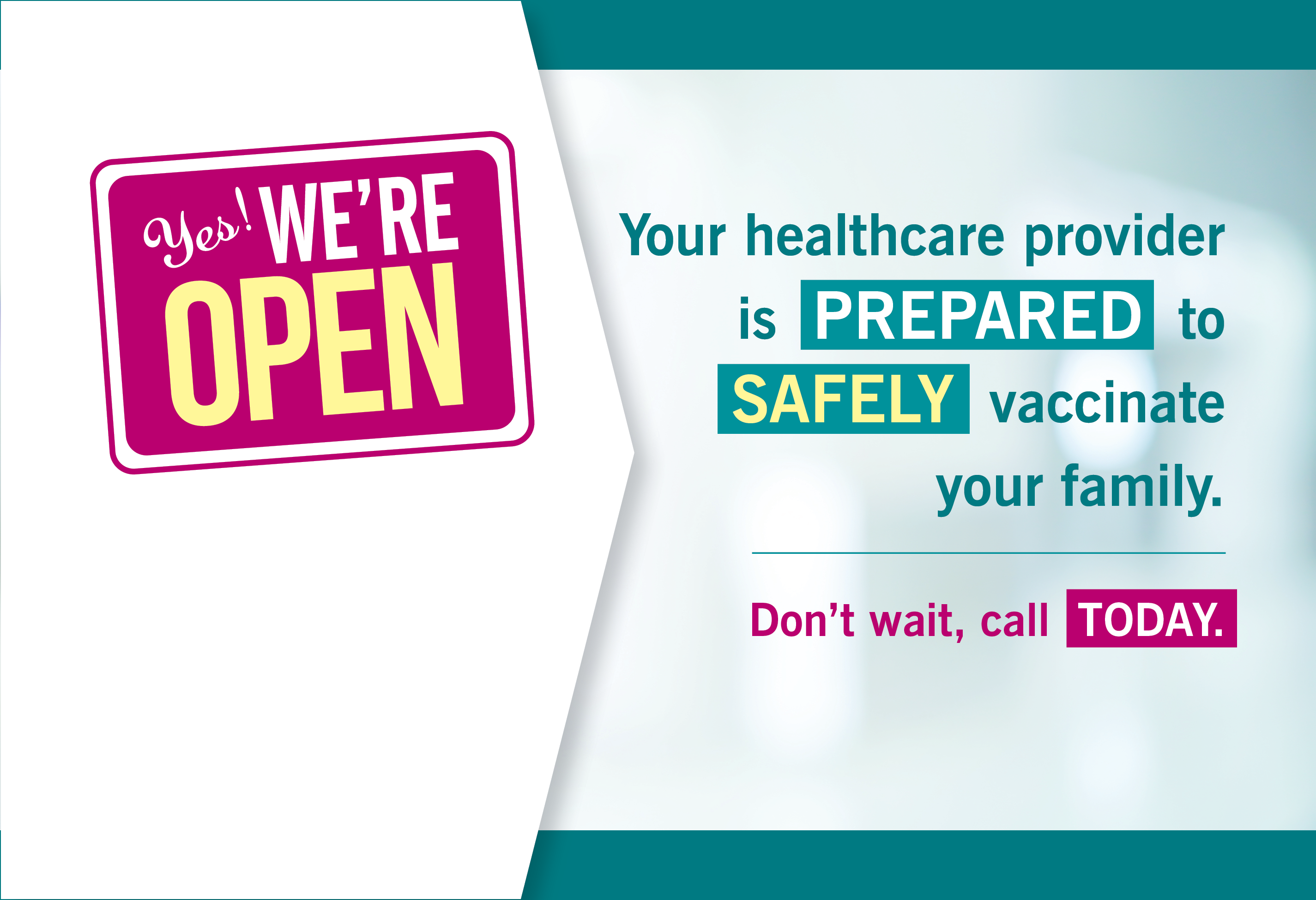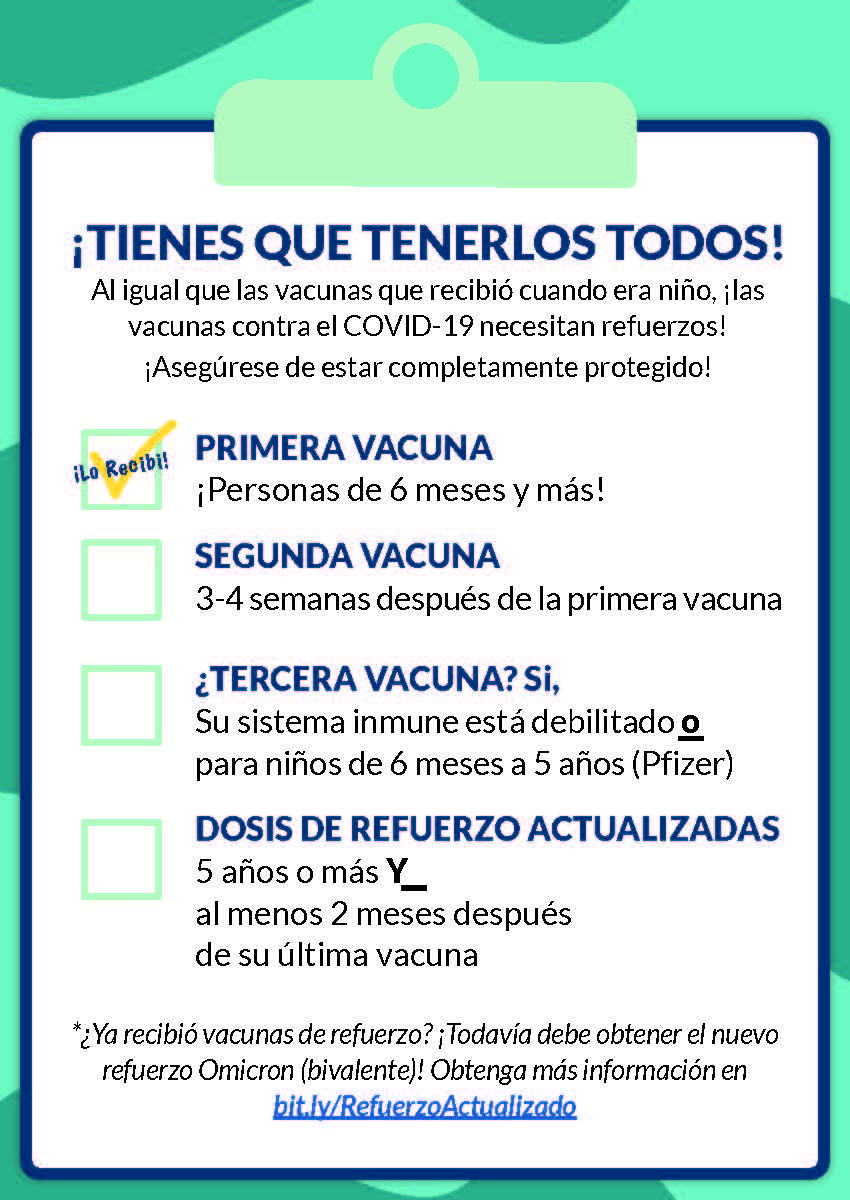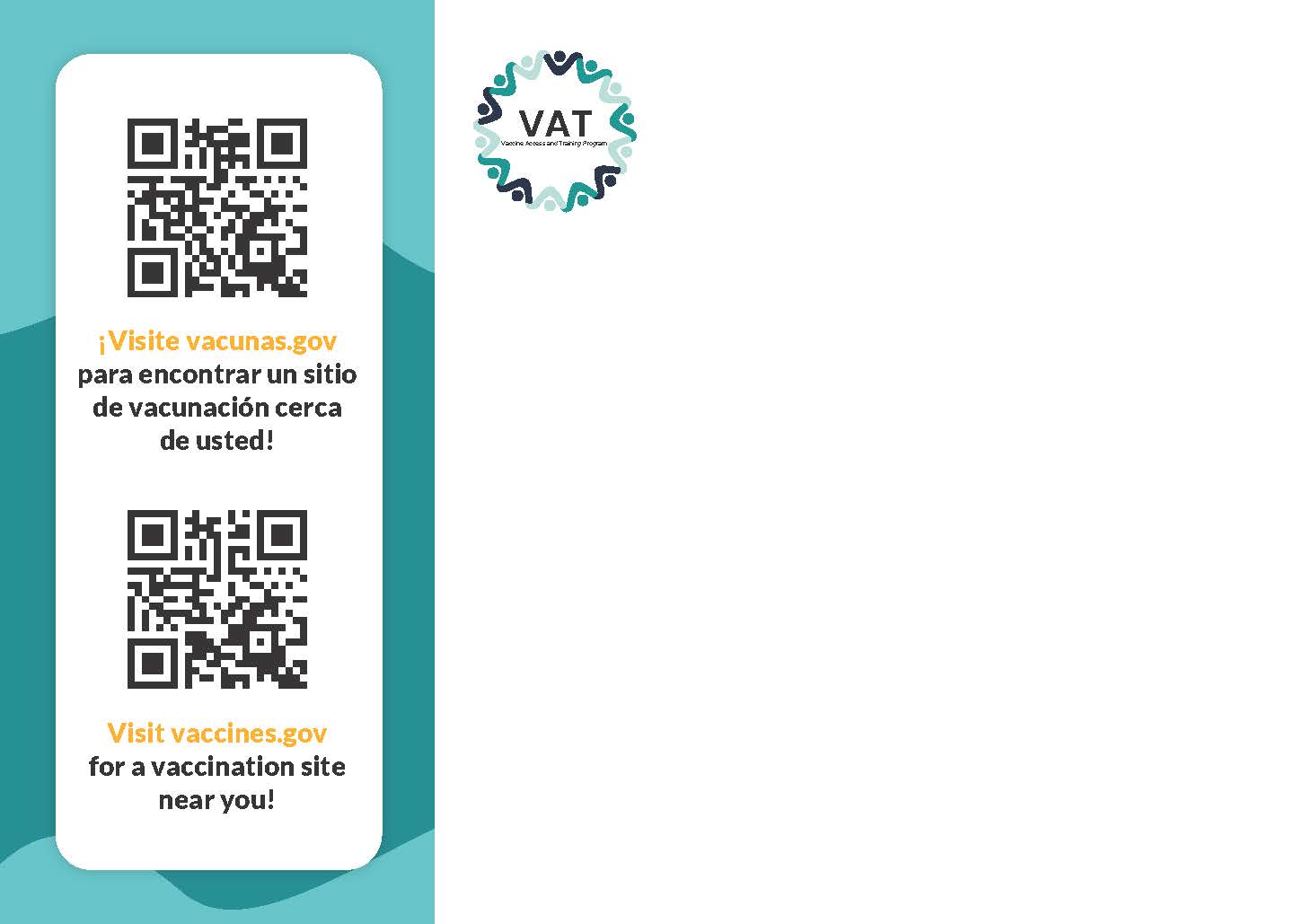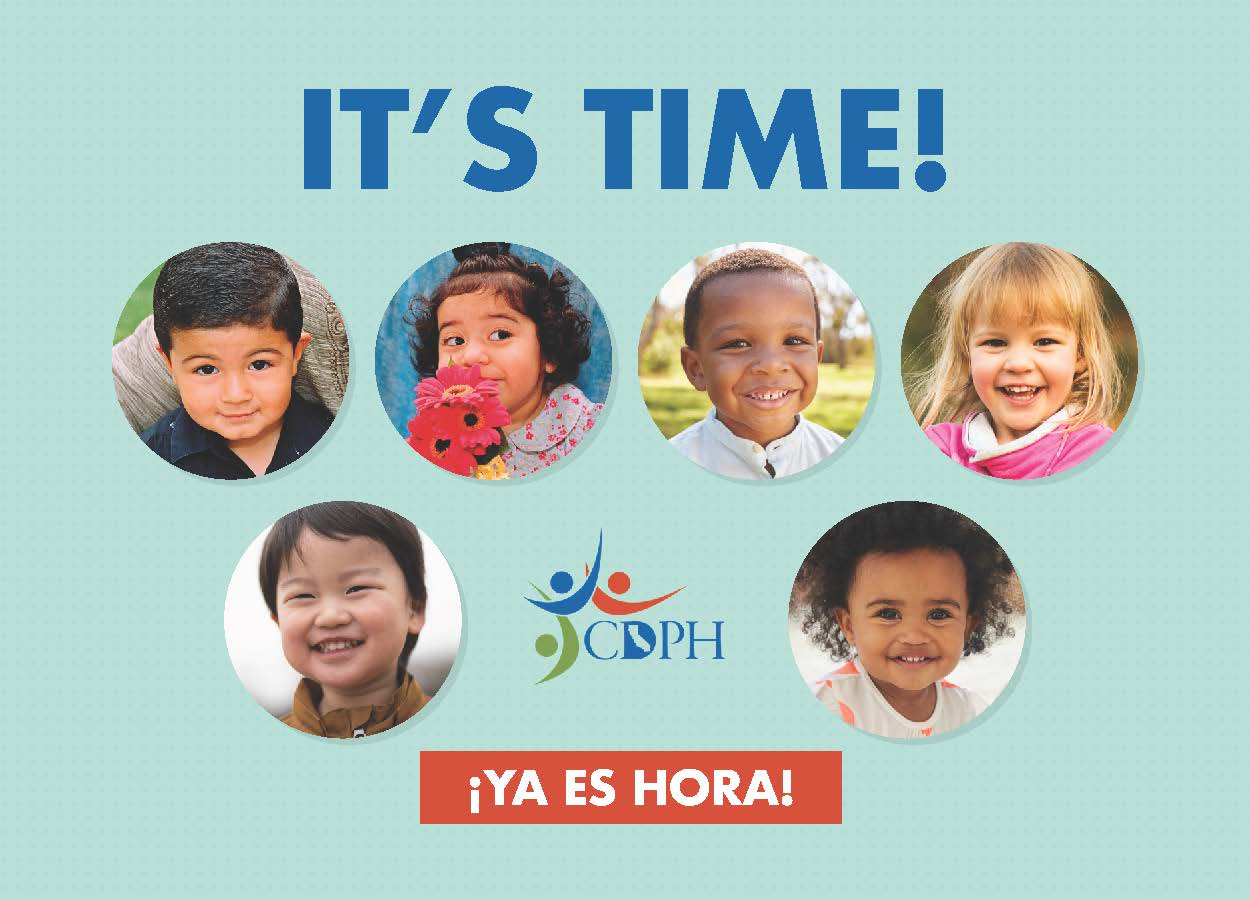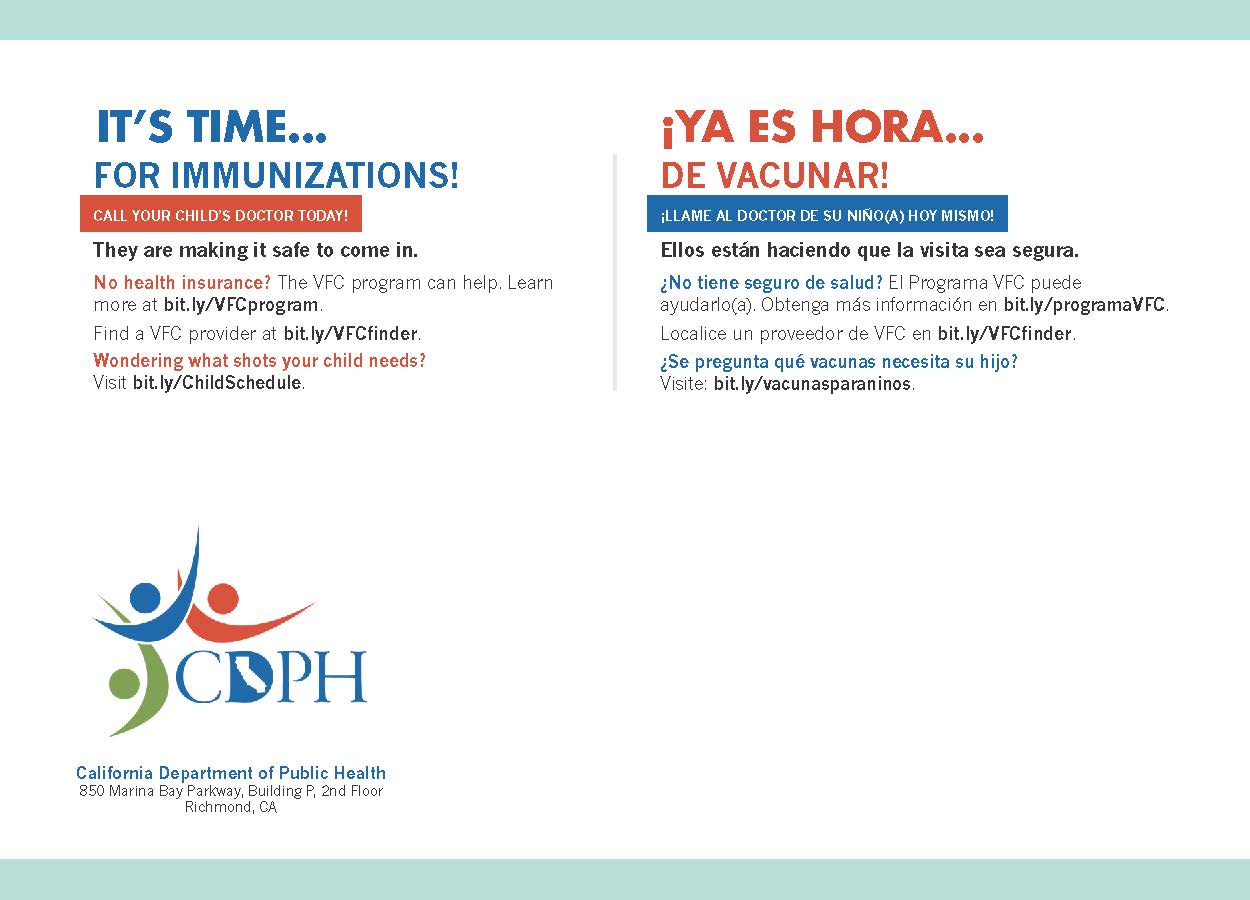What is reminder/recall?
The goal of AIM’s reminder/recall (RR) program is to increase immunization rates by assisting members in notifying individuals that they or their child(ren) are due for vaccinations (a.k.a. ‘reminder’) OR are late receiving a scheduled routine vaccination (a.k.a. ‘recall’). AIM supports members by designing and coordinating reminder/recall postcard mailings (templates pictured below) to those due for vaccines.
Reminder/recall activities are intended to encourage vaccine catch-up in children, adolescents, and adults. These interventions are a proven, cost-effective, best practice for increasing immunization rates.
AIM's Role
AIM plays a significant role in implementing reminder/recall projects in partner jurisdictions. AIM assists with postcard design and coordinates project communications, postcard mailing, and project evaluation (which can include data pulls). AIM’s support activities include:
- Project Communications: AIM regularly corresponds with participating immunization programs to establish expectations, answer questions, and communicate project progress.
- Postcard Design: AIM collaborates with a graphic designer to create a postcard design that meets the needs and goals of the jurisdiction. AIM works with jurisdictions to choose branding, language, and images for postcards. AIM recommends and supports partnerships with community leaders and organizations to develop messages that will resonate with postcard recipients. See the roles and timeline PDF.
- Postcard Mailing: AIM works directly with the postcard company to coordinate the mailing. This coordination includes verifying addresses, submitting postcard art, and providing updates on the mailing progress.
- Project Evaluation: 12 weeks after mailing, AIM collaborates with jurisdictions on an evaluation of the reminder/recall project. AIM assists with analyzing data and creates a PowerPoint with the findings for the jurisdiction.
Note: When IIS data is incomplete or difficult to obtain, AIM offers an alternative to standard reminder/recall: household postcard mailing. In this approach, all households in a selected region receive the postcard regardless of vaccination status.
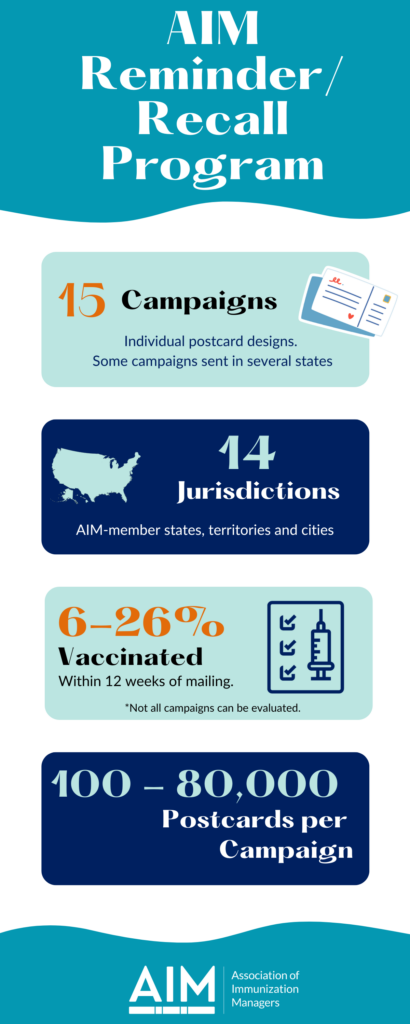
Templates and Designs
While postcard content can be changed based on jurisdictional goals, the reminder/recall postcards typically incorporate information on:
- the selected vaccination(s)
- a call to action for individuals to catch up on their routine vaccinations
- additional necessary messaging and resources
Jurisdictions may partner with other organizations, such as immunization coalitions, the Department of Education, or community-based leaders, to create designs.
If you are interested in any of the examples below, please contact us for access to a free editable template. Members, please scroll down to submit an interest form.
Examples in English
Engaging Community Leaders in Household Reminder Postcard Campaigns
Introduction
Launched in Spring 2022, the Vaccine Access and Training (VAT) program worked with under-vaccinated, medically underserved communities to promote vaccine confidence and increase COVID-19 vaccination rates. VAT used an ecosystem of 115 community health workers (CHWs), local clinics, health professionals, community-based organizations, public health experts, and corporate partners across seven states. As a strategy of VAT, AIM partnered with CHWs in five states to develop and implement COVID-19 household reminder postcard campaigns with messaging developed by trusted leaders.
Methods
CHWs received brief training on IIS and reminder/recall. CHWs also provided insight into community priorities, culture, and messaging to VAT partners via six clinician-led conversations by region. Conversation findings were used by AIM to develop six reminder postcard templates. Each region chose and fully customized a postcard template to ensure imagery, branding, and messaging met community needs. A third party conducted postcard mailing. Post-campaign, CHW supervisors provided feedback on the process via key-informant interviews.
Results
76% (142,140) of postcards were successfully delivered in rural Alabama, Georgia, and Kentucky across 15 communities. Nearly 100% of cards were successfully delivered in Polk County, FL (38,227), and across three communities in Texas (85,896). Use of the QR code that was on the postcards was low (0.1%).
Conclusions
Among growing misinformation and distrust in public health institutions, community-led and branded reminder/recall may prove more effective than previous centralized approaches. CHWs reported the community-based, personal approach to mailings led to more trust and understanding of immunization registries. This presentation shares programmatic tactics and strategies for developing community-supported reminder/recall campaigns.


